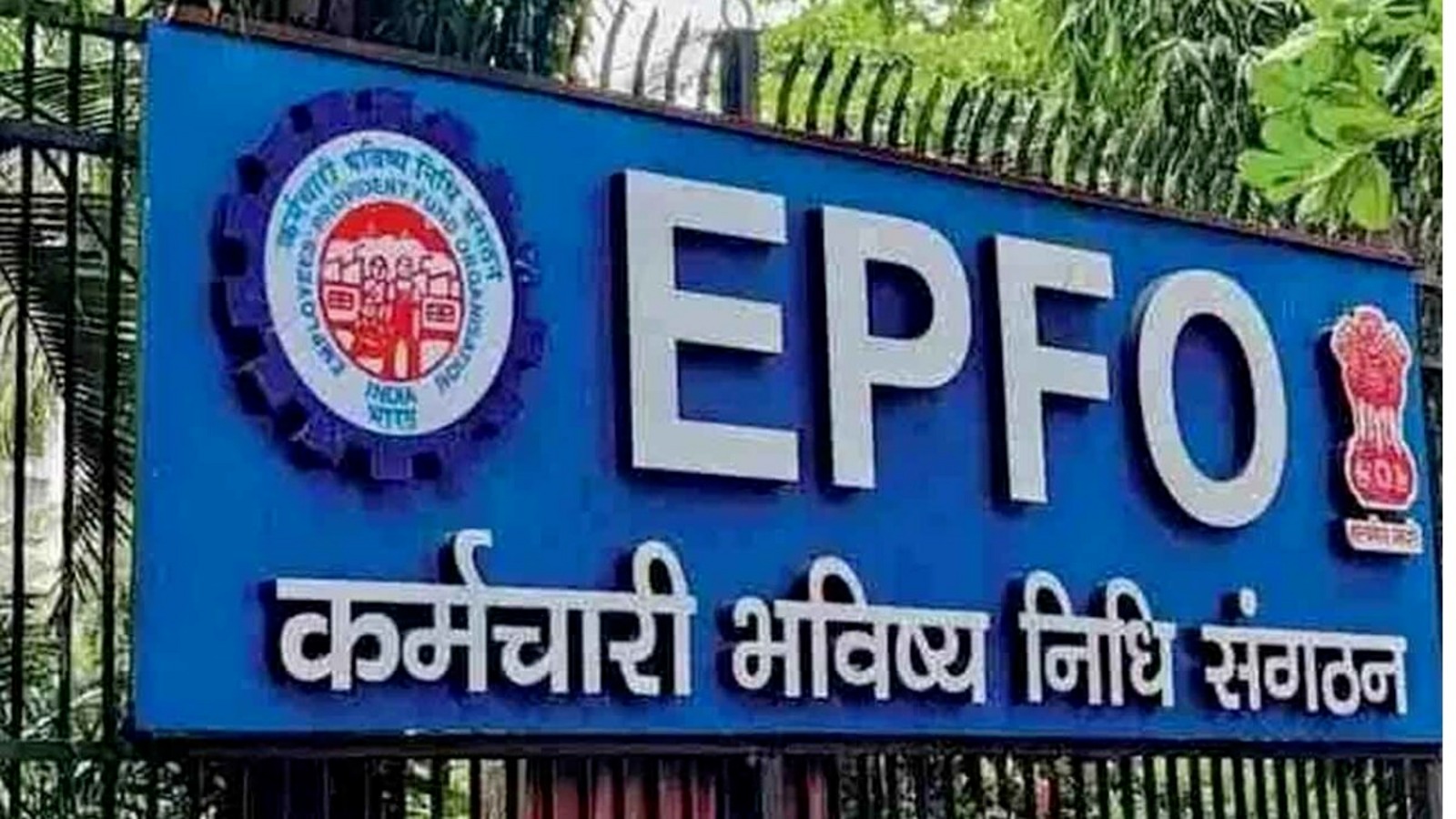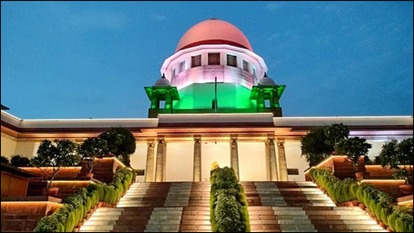P.G. Agarwal, J.@mdashThis Criminal Appeal is directed against the Judgment and Order passed by the Addl. Sessions Judge, Manipur West, Imphal in Sessions trial Case No. 4/95 whereby the two accused-appellants Vanlalven and Nengliankhum were convicted for the offence u/s 302 read with Section 34 IPC and sentenced to imprisonment for life.
2. Mr. A, Nilamani Singh, learned Sr. Advocate assisted by Mr. A. Bimol have raised a preliminary objection regarding legality of the trial and it is submitted that before hearing the appeal on merit, the preliminary point raised by them may be considered and necessary order may be passed. We have heard the learned Senior Advocate and the learned P.P.
3. It is submitted that in the present trial, the learned trial court did not held the trial in accordance with law in the sense that the provisions of Section 232 and 233 Cr.PC were not complied with and the accused persons were not given and opportunity to enter into defence. Section 232 and 233 Cr.PC reads as follows :
"232. If, after taking the evidence for the prosecution, examining the accused and hearing the prosecution and the defence on the point, the Judge considers that there is no evidence that the accused committed the offence, the Judge shall record an order of acquittal.
233. (1) Where the accused is not acquitted u/s 232, he shall be called upon the enter on his defence and adduce any evidence he may have in support thereof.
(2) If the accused puts in any written statement, the Judge shall file it with the record.
(3) If the accused applies for the issue of any process for compelling the attendance of any witness or the production of any document or thing, the Judge shall issue such process unless he considers, for reasons to be recorded, that such application should be refused on the ground that it is made for the purpose of vexation or delay or for defeating the ends of justice."
4. The learned counsel for the appellants has relied on a decision of the Kerala High Court in the case of
"Under the first Section (Section 232) after examining the accused, the Judge has to hear both sides "on the point". The point is whether the Judge can consider that there is no evidence in the case that the accused committed the offence. The manner of examination of the accused is provided in Section 313 of the Code. The commencing words in Section 233 of the Code, i.e., "Where the accused is not acquitted u/s 232, ...." would make it clear that an accused has to be directed to enter upon his defence if he cannot be acquitted u/s 232. An accused can be acquitted u/s 232 only when "there is no evidence that he committed the offence."
5. The question raised by the learned counsel for the appellants was considered by this court by a division Bench in which one of us (Agarwal, J) was a party. The matter relates to Agartala Bench of this court in the case of Lal Behari Das, Ranga Mohan Das @ Ranga Pas v. State of Tripura, reported in 1999 (1) GLT 32 : (1998) 3 GLR 426 whereby this court in para-16 of the judgment held as follows :
"Learned counsel appearing for the accused appellants have submitted that on this score alone, the conviction and sentences awarded to the accused appellants by the impugned judgment and order are liable to be set aside and in support thereof have referred to the decisions in
"Section 232/233 Cr.PC lay down the procedure to be followed by the Sessions Court in the process of trial of an accused person. It is one thing to say that the said procedure should be complied with. However, it is quite another thing to say that failure on the part of the Sessions Court to comply with the said procedure would ipso facto vitiate the conviction. The failure on the part of the Judge to call upon the accused persons to enter on his defence in terms of Section 233 Cr.PC would not in all cases vitiate the conviction, if there are materials to indicate that no prejudice whatsoever has been caused to the accused. In other words, if on the facts of a particular case, no prejudice can be said to have been caused on account of the failure to comply with the procedure as laid down u/s 233 Cr.PC conviction cannot be said to be vitiated."
6. In para-15 of the said judgment this court further observed :
"What is worse, the learned Sessions Judge while examining the accused persons u/s 313 Cr.PC did rot put to them the usual question "Do you want to adduce any devence evidence ?" Invariably put at the end of such examination with rare exception. Had the learned Sessions. Judge put this question to the accused persons, it could have been construed and amounting to calling upon him to enter on their defence and adduce defence evidence in substantial compliance with the requirements of Section 233(1) Cr.PC."
7. Mr. A. Nilamani Singh has further submitted that above observations were obiter dicta and the question raised by him was not in issue in that case.
8. Coming to the facts of the present case, we find that the prosecution evidence was closed on 11.5.1998 and the order of the even date provides for that. Thereafter, as many as six dates were fixed for recording the statements of the accused and ultimately, statement of the accused persons were recorded on 18.6.1998. There were as many as 31 questions put to the accused persons and question No. 30 of the statement of the accused persons reads as follows :
"Q:- Do you have defence witness to be produced ?
Ans : No."
9. The Order Sheet dated 18.6.1998 reads as follows :
"The accused persons are present with counsel. The accused persons are examined today. The defence counsel submits that no defence a witness to be produced. Defence concluded. Fix 3.7.1998 for arguments."
10. The arguments continued on many dates and the judgment was delivered ultimately on 25.1.1999.
11. Mr. Nilamani Singh submits that the accused persons were under the impression that the question regarding adducing evidence asked u/s 313 Cr.PC was in compliance of the provisions of Section 232 Cr.PC and not Section 233 Cr.PC. Likewise, the statement of the defence counsel that no defence witness will be examined was under the impression that it is in respect of Section 232 and that the accused will be given another opportunity to enter into defence.
12. Section 232 Cr.PC as quoted above, is an enabling provision whereby the trial Judge can record an order of acquittal before asking the accused to enter into his defence. The prime objective is to expedite the trial and to avoid unnecessary prolongation. The word no evidence is significant and under these circumstances only, the trial court may acquit the accused persons. The provision of Section 232 Cr.PC impliedly encompasses with the well settled principles of criminal trial that the prosecution must succeed on its own and Can not depend upon weakness of the defence evidence.
13. Thus, we find that at the stage of Section 232 Cr.PC, the court is not required to ask the accused to adduce evidence or enter into the defence and hence, we find no force in the submission of the learned counsel that the above statement u/s 313 Cr.PC and/or the statement of the defence counsel that the defence does not intend to adduce any evidence was in compliance of Section 232 Cr.PC and not Section 233 Cr.PC.
14. In Lal Bihari Das (supra) this court was of the view that non compliance of the provisions of Section 232 Cr.PC is an irregularity and would not vitiate the trial. It is our common knowledge that in most of the Sessions trial in this part of the country, the trial courts do not record any order u/s 232 Cr.PC and simply proceed with Section 233 Cr.PC directing the defence to adduce evidence. It is desireable that after closure of the prosecution evidence and after recording the statement of the accused persons u/s 313 Cr.PC, the court records one line order, if it is not inclined to acquit the accused person at that stage, that this is not a case of acquittal u/s 232 Cr.PC or calling upon the accused persons to enter into their defence. This will keep the record straight and there will be no scope of any confusion whatsoever.
15. The provisions of Section 232 and 233 Cr.PC are very specific to the stage when the accused is called upon to enter into his defence. We may refer to the observations of the Apex Court in the case of
"It is, therefore, true that the purpose of the examination of the accused u/s 313 is to give the accused an opportunity to explain the incriminating material which has surfaced on record. The stage of examination of the accused under clause (b) of Sub-section (1) of Section 313 is reached only after the witnesses for the prosecution have been examined and before the accused is called on to enter upon his defence." At the stage of closure of the prosecution evidence and before recording of statement u/s 313, the learned Judge is not expected to evaluate the evidence for the purpose of deciding whether or not He should question the accused. After the Section 313 stage is over he has to hear the oral submissions of counsel on the evidence adduced before pronouncing on the evidence. The learned trial Judge is not expected before he examines the accused u/s 313 of the Code, to sift the evidence and pronounce on whether or not he would accept the evidence regarding any incriminating material to determine whether or not to examine the accused on that material. To do so would be to prejudge the evidence without hearing the prosecution u/s 314 of the code. Therefore, no matter how weak or scanty the prosecution evidence is in regard to a certain incriminating material, it is the duty off the court to examine the accused and seek his explanation thereon. It is only after that stage is over that the oral arguments have to be heard before the judgment is rendered. It is only where the court finds that no incriminating material has surfaced that the accused may not be examined u/s 313 of the Code. If there is material against the accused he must be examined."
16. The counsel for the appellants has further submitted that when hearing of the arguments were continued before the trial court, the prosecution prayed for recalling of PW 27 for further examination and the same was allowed vide order dated 12.8.1958 and accordingly PW 27 was re-examined and thereafter the arguments continued. The re-examination of PW 27 the Investigating Police Officer was of formal nature and he had introduced the document (Ext. P-24). Admittedly, Ext. P-24 was not put to the accused in his statement u/s 313 Cr.PC and as such it could not have been considered. As a matter of fact, we find that Ext. P-24 which was brought by recalling PW-27 was never relied upon by the prosecution. In the circumstances, we hold that there was no requirement to call upon the accused to enter into defence afresh.
17. In view of the above, we find no merit in the preliminary objection raised by the counsel for the appellants. Let the appeal be listed for hearing on merit.
18. The Registry of all the Benches of the Gauhati High Court to circulate a copy of this Judgment to all the Sessions Courts under the jurisdiction of this court for their guidance and compliance.

